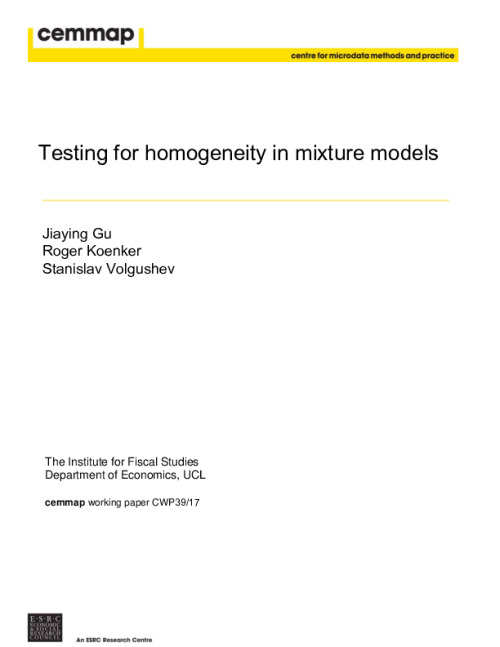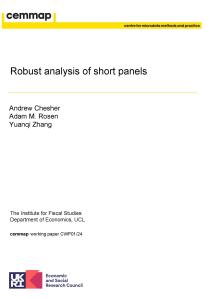Statistical models of unobserved heterogeneity are typically formalized as mixtures of simple parametric models and interest naturally focuses on testing for homogeneity versus general mixture alternatives. Many tests of this type can be interpreted as C(α) tests, as in Neyman (1959), and shown to be locally, asymptotically optimal. These C(α) tests will be contrasted with a new approach to likelihood ratio testing for general mixture models. The latter tests are based on estimation of general nonparametric mixing distribution with the Kiefer and Wolfowitz (1956) maximum likelihood estimator. Recent developments in convex optimization have dramatically improved upon earlier EM methods for computation of these estimators, and recent results on the large sample behavior of likelihood ratios involving such estimators yield a tractable form of asymptotic inference. Improvement in computation efficiency also facilitates the use of a bootstrap method to determine critical values that are shown to work better than the asymptotic critical values in fi nite samples. Consistency of the bootstrap procedure is also formally established. We compare performance of the two approaches identifying circumstances in which each is preferred.
This paper was published in Econometric Theory, 34, 850-95, (2018).









